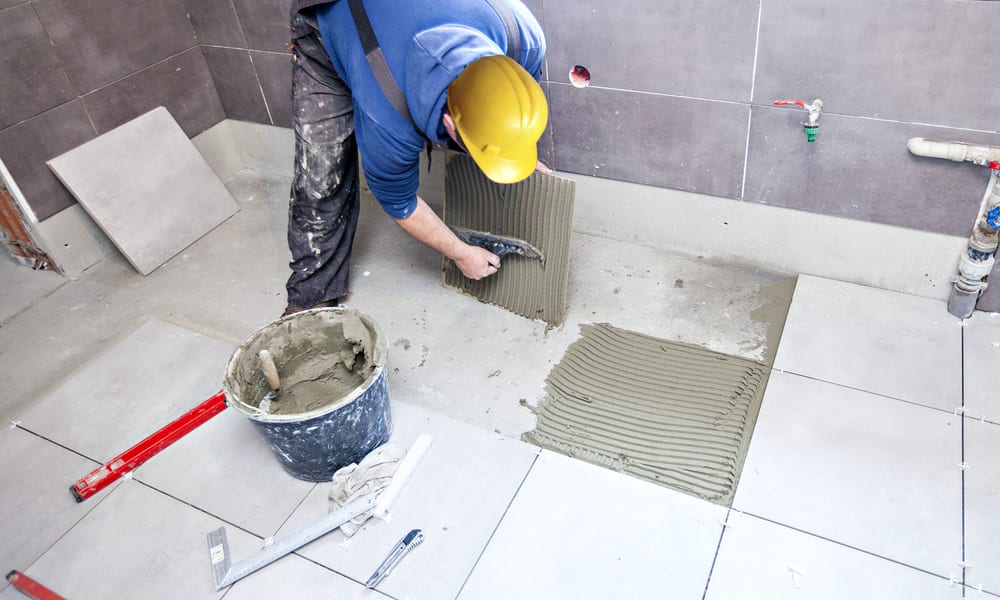Essential Concrete Tools for Crack Repair and Construction
Whether you’re pouring a patio or patching a driveway, the right concrete tools can make the job faster and easier. Learn about must-have tools for DIYers and professionals, pricing trends for 2025, and tips for getting the most from your investment.

What Are the Best Concrete Tools for Crack Repair?
When it comes to concrete crack repair, specific tools are essential for achieving lasting results. A concrete crack chaser or grinder helps widen and clean cracks for proper filling, while concrete sealers and injection systems deliver repair materials deep into damaged areas. Diamond blades designed for concrete cutting provide clean, precise cuts when removing damaged sections. Wire brushes and scrapers remove loose debris, ensuring proper adhesion of repair materials. For larger repairs, concrete mixers and trowels help blend and apply new concrete seamlessly with existing surfaces.
Essential Tools for Concrete Work Beyond Crack Repair
Professional concrete work requires a comprehensive toolkit that extends far beyond crack repair. Concrete screeds level freshly poured surfaces, while bull floats smooth large areas before final finishing. Power trowels create polished, durable surfaces on driveways and patios. Concrete vibrators eliminate air bubbles that weaken the finished product. Hand tools like edgers, groovers, and finishing trowels provide the detail work that separates amateur from professional results. Safety equipment, including dust masks and knee pads, protects workers during extended concrete projects.
How to Choose the Best Concrete Tools for Your Project
Selecting the right concrete tools depends on project scope, budget, and skill level. For occasional DIY crack repairs, basic hand tools and small mixers suffice, while contractors need heavy-duty equipment built for daily use. Consider tool versatility – multi-purpose tools reduce storage needs and initial investment costs. Quality matters more than quantity; investing in well-built tools from reputable manufacturers saves money long-term through reduced replacement costs and better results. Read reviews from other concrete workers and consult with local suppliers who understand regional concrete conditions and requirements.
| Tool Category | Brand/Model | Key Features | Price Range |
|---|---|---|---|
| Crack Chaser | Makita 4-1/2” Grinder | Variable speed, dust collection | $150-$200 |
| Concrete Mixer | DEWALT 2.25 Cu Ft | Portable, steel drum construction | $400-$500 |
| Power Trowel | Wacker Neuson CT24 | Honda engine, 24” working width | $1,800-$2,200 |
| Concrete Vibrator | Tomahawk Power TCV24 | 13,000 VPM, flexible shaft | $300-$400 |
| Diamond Blade Set | SKILSAW 7-1/4” | Dry cutting, segmented rim | $80-$120 |
Prices, rates, or cost estimates mentioned in this article are based on the latest available information but may change over time. Independent research is advised before making financial decisions.
Cost Considerations and Investment Planning
Concrete tool costs vary significantly based on quality, brand, and intended use. Entry-level concrete tools for occasional DIY projects typically range from $50-$200 per tool, while professional-grade equipment can cost $500-$5,000 or more. Rental options make expensive tools accessible for one-time projects – power trowels rent for $100-$200 daily, while concrete mixers cost $40-$80 per day. Consider total project costs when deciding between purchasing and renting; tools used frequently justify purchase costs through long-term savings. Factor in maintenance costs, replacement parts availability, and warranty coverage when evaluating tool investments.
Maintenance and Care for Concrete Tools
Proper tool maintenance extends equipment life and ensures consistent performance across projects. Clean concrete tools immediately after use, as hardened concrete damages cutting edges and mechanical components. Store tools in dry environments to prevent rust and corrosion, especially important for steel implements. Regularly inspect diamond blades for wear and damage, replacing them before performance degrades significantly. Lubricate moving parts on mixers and power tools according to manufacturer specifications. Sharp, well-maintained tools work more efficiently and safely than neglected equipment, reducing project time and physical strain.
Finding the right concrete tools transforms challenging repair and construction projects into manageable tasks. Whether addressing crack repair emergencies or planning major concrete installations, investing in quality tools appropriate for your skill level and project scope pays dividends in results and satisfaction. Research thoroughly, prioritize safety features, and don’t hesitate to consult local concrete professionals for tool recommendations specific to your area’s conditions and requirements.




